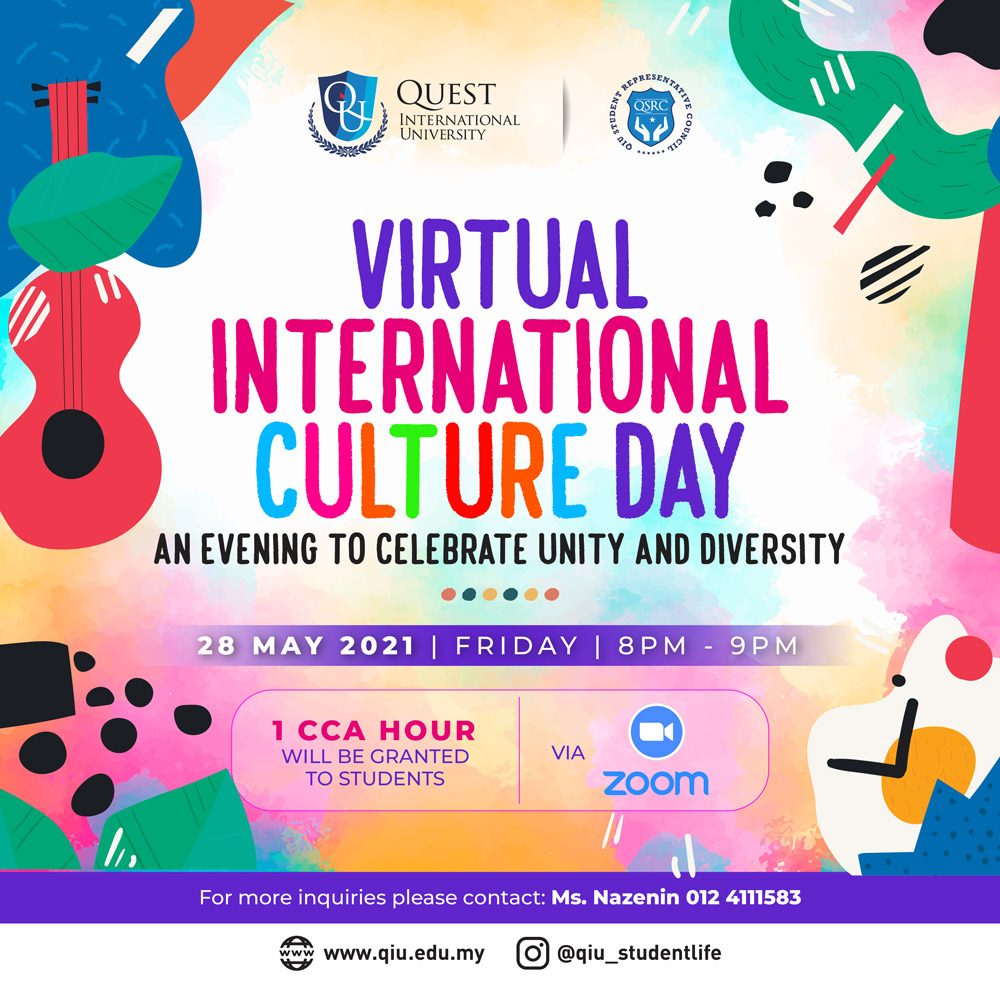In recent years, the digital revolution has permeated almost every aspect of our lives, and cultural festivals are no exception. The rise of virtual cultural festivals has transformed the way we celebrate diversity, enabling people from all corners of the world to participate in events they might otherwise never have experienced. This article explores the emergence and impact of these virtual gatherings, highlighting their significance in promoting cultural exchange, inclusivity, and global unity.
The Evolution of Cultural Festivals
Traditionally, cultural festivals have been physical events that showcase the unique customs, music, dance, art, and food of different communities. These festivals are vital in preserving cultural heritage and fostering a sense of belonging among community members. However, geographical limitations and financial constraints often prevent widespread participation. The advent of the internet and advancements in digital technology have paved the way for virtual cultural festivals, breaking down these barriers.
The Emergence of Virtual Cultural Festivals
Virtual cultural festivals emerged as a response to the limitations of traditional festivals. These online events leverage various digital platforms, such as live streaming services, social media, and dedicated festival websites, to deliver immersive cultural experiences. The COVID-19 pandemic accelerated this trend, as lockdowns and social distancing measures forced event organizers to rethink their strategies. Virtual festivals became a lifeline for cultural celebration during these challenging times, allowing communities to stay connected and engaged.
Benefits of Virtual Cultural Festivals
1. Global Accessibility
One of the most significant advantages of virtual cultural festivals is their accessibility. People from different parts of the world can join these events without the need for travel, making cultural exchange more inclusive. This global reach helps in promoting understanding and appreciation of diverse cultures, breaking down stereotypes and fostering empathy.
2. Cost-Effectiveness
Organizing physical festivals can be expensive, involving costs related to venue rentals, transportation, accommodation, and logistics. Virtual festivals, on the other hand, require fewer resources and can be more cost-effective. This cost-efficiency enables organizers to allocate funds to other essential aspects, such as content creation and marketing, enhancing the overall quality of the event.
3. Environmental Impact
Virtual cultural festivals contribute to environmental sustainability by reducing the carbon footprint associated with travel and physical infrastructure. Fewer flights, less commuting, and reduced waste generation make these events a greener alternative. This aligns with the growing global emphasis on sustainability and environmental conservation.
4. Enhanced Engagement
Digital platforms offer interactive features that enhance audience engagement. Live chats, Q&A sessions, virtual tours, and social media interactions create a dynamic and participatory experience for attendees. These features allow for real-time feedback and interaction, fostering a sense of community among participants.
Challenges and Solutions
Despite their numerous benefits, virtual cultural festivals face certain challenges. Technical issues, such as connectivity problems and platform limitations, can hinder the seamless execution of events. Additionally, the lack of physical presence may reduce the sensory experience that traditional festivals offer. However, organizers are continually innovating to overcome these challenges. Investing in robust digital infrastructure, offering high-quality content, and incorporating virtual reality (VR) and augmented reality (AR) technologies can significantly enhance the virtual festival experience.
Case Studies of Successful Virtual Cultural Festivals
1. Global Citizen Live
Global Citizen Live is a prominent example of a successful virtual cultural festival. This event features performances from artists worldwide, promoting causes such as climate action and global health. The 24-hour live-streamed event attracts millions of viewers, showcasing the power of virtual platforms in bringing people together for a common cause.
2. SXSW Online
South by Southwest (SXSW) pivoted to a virtual format in 2021, offering a diverse range of content, including music performances, film screenings, and panel discussions. The event utilized an advanced online platform to provide an immersive experience, complete with networking opportunities and interactive sessions.
3. Diwali Online Festival
The Diwali Online Festival celebrated the Indian festival of lights through a series of virtual events, including traditional dance performances, cooking classes, and cultural workshops. The festival attracted a global audience, allowing people to experience the rich cultural heritage of India from the comfort of their homes.
The Future of Virtual Cultural Festivals
As technology continues to evolve, the future of virtual cultural festivals looks promising. Hybrid models, combining physical and virtual elements, are likely to become more prevalent, offering the best of both worlds. Additionally, advancements in VR and AR will provide even more immersive experiences, enabling attendees to virtually “travel” to different cultural settings.
Conclusion
The rise of virtual cultural festivals marks a significant shift in the way we celebrate and appreciate diversity. These events offer unparalleled accessibility, cost-effectiveness, and environmental benefits, making cultural exchange more inclusive and sustainable. While challenges remain, ongoing innovations in digital technology are continually enhancing the virtual festival experience. As we look to the future, virtual cultural festivals will undoubtedly play a crucial role in fostering global unity and understanding, celebrating the rich tapestry of human culture in the digital age.


